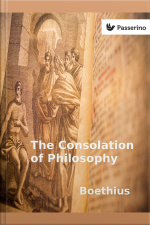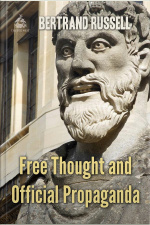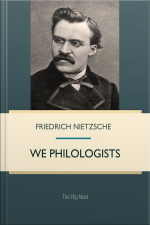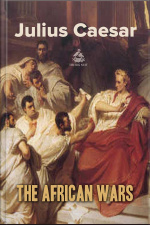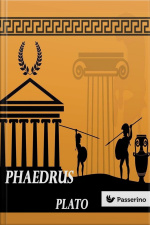"The Consolation of Philosophy" (Latin: De consolatione philosophiæ) is a work by the sixth-century philosopher Boethius that has been described as having had the...
"On Liberty" is a philosophical work by the English philosopher John Stuart Mill, originally intended as a short essay.John Stuart Mill (20 May 1806 – 8 May 1873)...
The Oration on the Dignity of Man (De hominis dignitate) is a famous public discourse pronounced in 1486 by Pico della Mirandola, an Italian scholar and philosopher of the...
Moncure Conway, in whose honour we are assembled to-day, devoted his life to two great objects: freedom of thought and freedom of the individual. In regard to both these objects,...
The book explains what utilitarianism is, why it is the best theory of ethics, defends it against a wide range of criticisms and misunderstandings. Though heavily criticized both...
"...there is an actual powerful creative force in our legitimate desires, in believing with all our hearts that, no matter what the seeming obstacles, we shall be what we were...
"The Satires" (Latin: Satirae or Sermones) is a collection of satirical poems written by the Roman poet, Horace. Composed in dactylic hexameters, the Satires explore the...
The subject of education was one to which Nietzsche, especially during his residence in Basel, paid considerable attention, and his insight into it was very much deeper than that...
Caesar, advancing by moderate journeys, and continuing his march without intermission, arrived at Lilybaeum, on the 14th day before the calends of January. Designing to embark...
The Phaedrus written by Plato, is a dialogue between Plato's protagonist, Socrates, and Phaedrus, an interlocutor in several dialogues.Plato (424/423 – 348/347 BC) was a...
